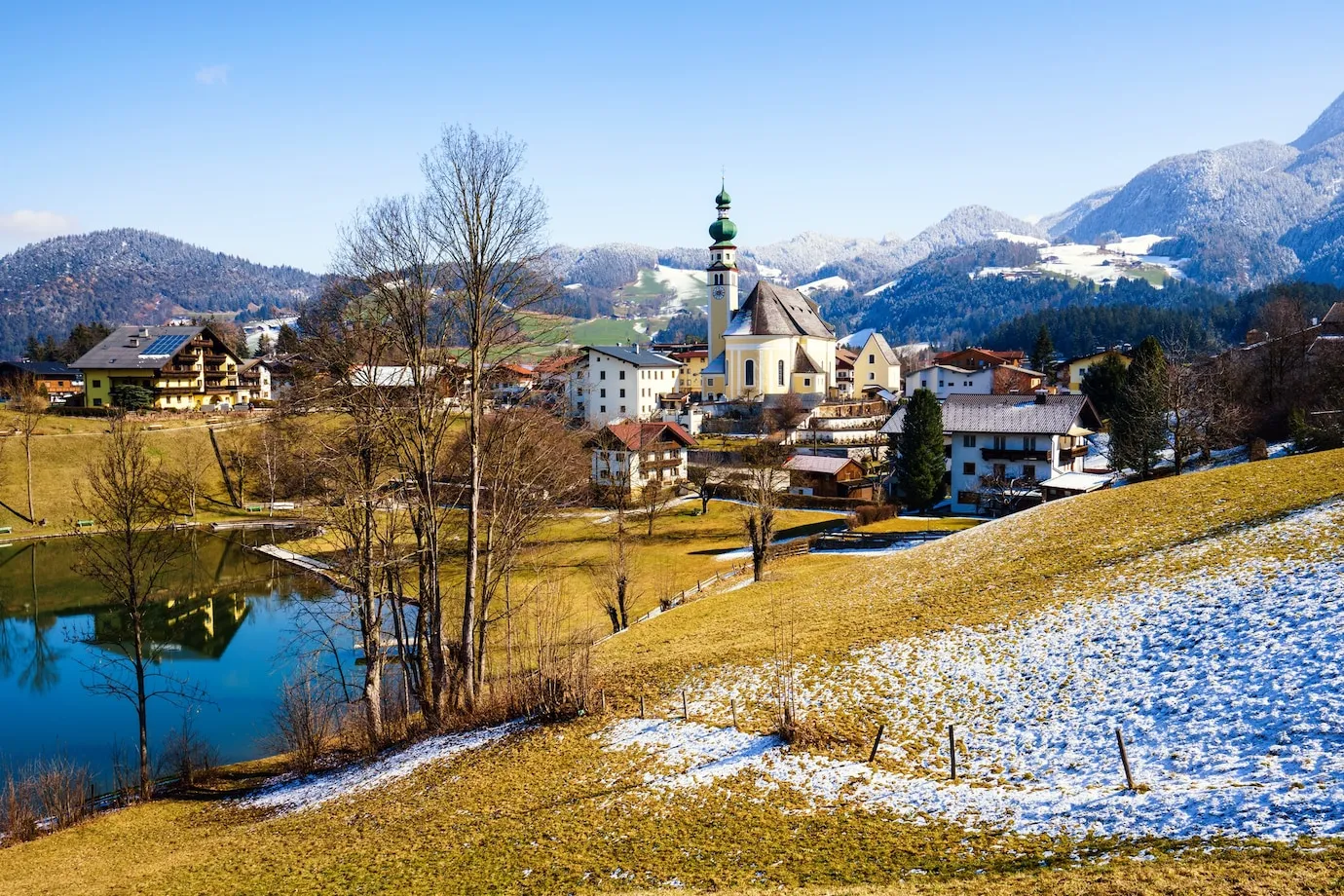Switzerland isn’t just about watches, cheese, and making the rest of Europe look disorganised — it’s also a highly attractive destination for those seeking long-term residence. But while Swiss trains run on time, don’t expect their immigration process to move quite as fast.
Key Takeaways
The Land of Stability (and a Lot of Paperwork)
If you’re planning to make your stay in Switzerland more than just an extended fondue holiday, you’ll need to navigate the route to permanent residency, also known as the C Permit. And no, it doesn’t involve yodelling your way through a bureaucratic mountain pass — though it might feel like it at times.
Types of Residence Permits in Switzerland
Before we get to the C Permit, it helps to understand the whole alphabet soup of Swiss permits:
- Permit B: This is your initial residence permit, typically granted for 1–5 years. It’s renewable and issued for work, study, or family reunification.
- Permit C: The permanent residence permit, allowing you to stay in Switzerland indefinitely, change jobs freely, and no longer renew your stay yearly.
- Permit L: A short-term residence permit for stays under a year (usually job-related).
- Permit G: For cross-border commuters.
For permanent residency, your goal is the C Permit — Switzerland’s golden ticket (minus the chocolate factory).
Who Can Apply for a Swiss C Permit?
Eligibility depends on your nationality, duration of stay, and whether you’ve played nicely with the rules.
You can apply if:
- You’ve lived in Switzerland for at least 5 or 10 continuous years, depending on your country of origin.
- You’ve held a B Permit during that period.
- You’re well-integrated (language skills, financial independence, no criminal record).
- You’re not living off social benefits.
- You’ve passed the integration criteria, including local language and cultural knowledge.
C Permit Timeline: 5-Year vs 10-Year Rule
Here’s the breakdown:
After 5 Years (Early C Permit)
Eligible if you are a citizen of:
- EU/EFTA countries
- The United States
- Canada
- And a few others, depending on bilateral agreements
To qualify for the early C Permit:
- You must demonstrate language proficiency (A2 spoken, A1 written)
- Have no criminal record
- Be financially self-sufficient
- Show successful social and economic integration
After 10 Years
If you’re from a country outside the EU/EFTA, you’ll usually need to wait 10 years to apply for the C Permit.
But there’s a twist: after 5 years, you can request early C Permit consideration if you meet additional integration criteria (like passing a formal integration agreement or having a Swiss spouse).
Language Requirements
No, you don’t need to speak all four Swiss languages — just the one used in your canton:
- German, French, or Italian, depending on the region
- Proof of A2 oral and A1 written proficiency is generally required
- Language certificates must be from an approved testing institution (like telc, Goethe-Institut, DELF/DALF)
Integration Criteria
Switzerland wants to know that you’re not just hanging out for the chocolate subsidies.
To be considered integrated, you should:
- Know local customs and participate in civic life
- Show respect for public order and Swiss values
- Have a stable income and housing situation
- Be involved in the local community (schools, work, social groups)
Some cantons might require an integration interview or a written declaration.
Application Process: Step by Step
Step 1: Gather Your Documents
You’ll typically need:
- Valid passport
- Current residence permit (B Permit)
- Language certificate
- Proof of income and tax compliance
- Confirmation of health insurance
- Rental agreement or proof of housing
- Criminal background check
Step 2: Apply at Your Cantonal Migration Office
Each canton runs its system (because, of course, they do). Visit your local canton immigration authority and submit your application.
Step 3: Pay the Fee
The fee for applying varies between CHF 100–200, depending on the canton.
Step 4: Wait Patiently (Or Try)
Processing times vary by canton and complexity — typically a few months, but it can take longer if integration checks are required.
After Approval: What You Get
- Indefinite right to stay in Switzerland
- Freedom to change jobs, cantons, and employers without pre-approval
- Access to better mortgage terms and fewer permit-related restrictions
- Easier path toward Swiss citizenship (after 10 years of total residence)
Can You Lose Your C Permit?
Yes — it’s not permanent. You can lose it if:
- You leave Switzerland for more than 6 months without advance notice
- You rely heavily on social assistance
- You commit crimes or fraud
- You fail to renew the actual permit card (even though the status doesn’t expire, the card needs updating)
C Permit vs Swiss Citizenship
Getting the C Permit doesn’t make you Swiss — it just makes you a well-accepted long-term guest.
Swiss citizenship requires:
- 10 years of total residence (including time spent on B and C permits)
- Higher language proficiency (usually B1 oral, A2 written)
- Strong integration into Swiss society
- Approval from the municipal, cantonal, and federal levels (yes, all three — Swiss efficiency, remember?)
Conclusion: Mountain Views with Long-Term Stability
Permanent residency in Switzerland is a big step toward building a secure and integrated life in one of the world’s most stable (and expensive) countries. The journey from a B to a C Permit is paved with paperwork, language tests, and integration — but it leads to the kind of peace of mind you can’t put a price on (though the Swiss authorities probably will).
Whether you’re chasing economic opportunity, Alpine adventures, or just tired of renewing your permit every year, the Swiss C Permit is the way to go.

Karan Rawat
Content strategist and Full-time editor of The Immigration World. Karan focuses on simplifying complex immigration rules and scholarship opportunities into clear, practical guidance for global readers. Passionate about making international relocation easier for everyone.





